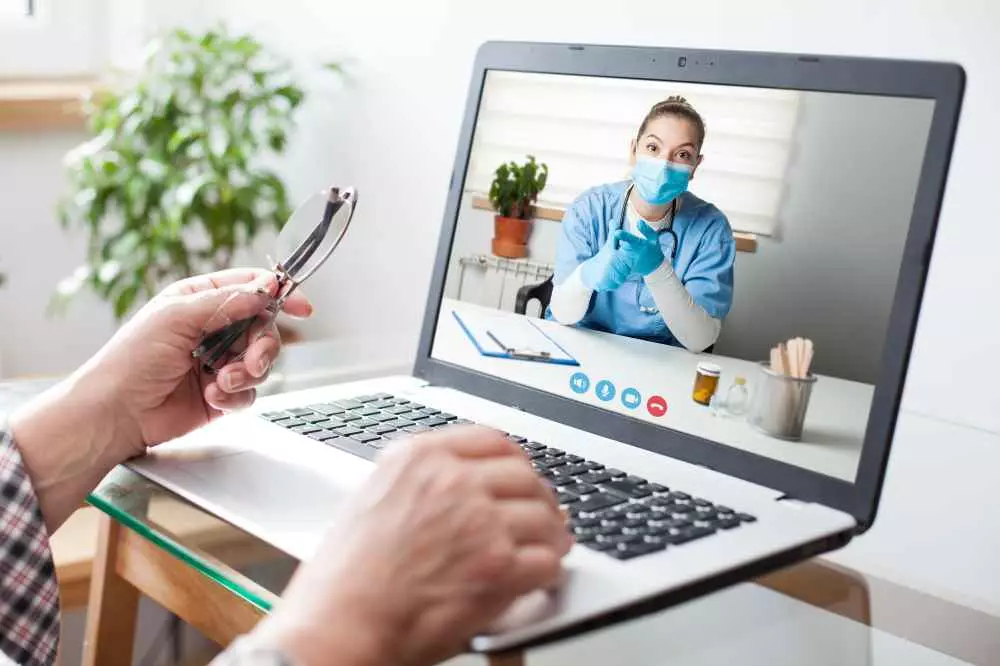Introduction to doctor-patient collaboration
Collaboration between doctors and patients is a key component of effective healthcare. Understanding the needs of patients and their active participation in the treatment process can significantly affect treatment outcomes. Thanks to modern technology, this collaboration is becoming more and more effective, helping to improve the patient experience and the quality of medical services provided.
Technology in the hands of patients
We live in an era where mobile technology and health apps are becoming commonplace. Patients now have access to a plethora of tools that allow them to monitor their health and communicate with their doctors. Health tracking apps allow patients to record symptoms, blood pressure, blood sugar levels and other important health indicators.
This gives doctors access to more detailed data, which facilitates more accurate diagnosis and more effective treatment planning. As a result, the patient becomes a full participant in his treatment process.
Telemedicine - a new era of consultation
Telemedicine is the next step in how technology is changing the reality of doctor-patient collaboration. The ability to conduct consultations remotely eliminates many geographic and time barriers, creating access to specialized care for patients wherever they are. Such a solution is particularly beneficial for patients with mobility limitations, the elderly or the sick.

With the help of video conferencing, patients can seek medical advice in the comfort of their home, which in turn promotes openness and honesty with the doctor. Telemedicine is changing the way patients perceive encounters with doctors, making them not only more accessible, but also more enjoyable.
Data analytics in diagnostics
All data collected through apps and mobile devices can be analyzed using advanced algorithms and analytical tools. Intelligent systems can, based on the collected information, provide doctors with more accurate diagnoses and suggest the best treatment methods. Data analytics can also contribute to identifying disease patterns and their prevention.
The introduction of precision medicine, which uses genetic and medical data to tailor treatment to individual patients, is further evidence of how technology is revolutionizing collaboration between doctors and patients.
Support for patients with chronic diseases
Supporting patients with chronic diseases is one area where technology plays an extremely important role. Very often, these patients have limited access to the health care system, necessitating regular visits to doctors' offices. Thanks to modern technologies such as broadband internet, telemedicine and mobile applications, they can get help and advice remotely.
The use of modern technology in monitoring the health of patients with chronic diseases contributes to increasing their independence and better management of their condition. This not only improves quality of life, but also reduces the burden on the health care system.
Security of patient data
As healthcare becomes increasingly digitized, securing patient data becomes extremely important. Data security is a key consideration for doctors and medical institutions using modern technology. Violations of data privacy can lead to serious consequences, so proper procedures and security technologies are needed.
Today, many medical institutions are investing in information protection technologies to ensure that patients feel secure when using telemedicine and health applications. Hiring properly trained staff and implementing regulatory-compliant information systems are key steps in this direction.
Summary: The future of collaboration between doctors and patients
As technology continues to evolve, we can expect doctor-patient collaboration to become more integrated and effective. Tools such as telemedicine, health monitoring applications and data analytics will provide us with new opportunities for communication and support in healthcare.
Modern technologies not only improve the quality of diagnosis and treatment, but also enable patients to engage in health processes on multiple levels. The future of physician-patient collaboration promises to be bright, and innovative approaches to healthcare can benefit both patients and physicians, creating a healthier and more sustainable healthcare system.